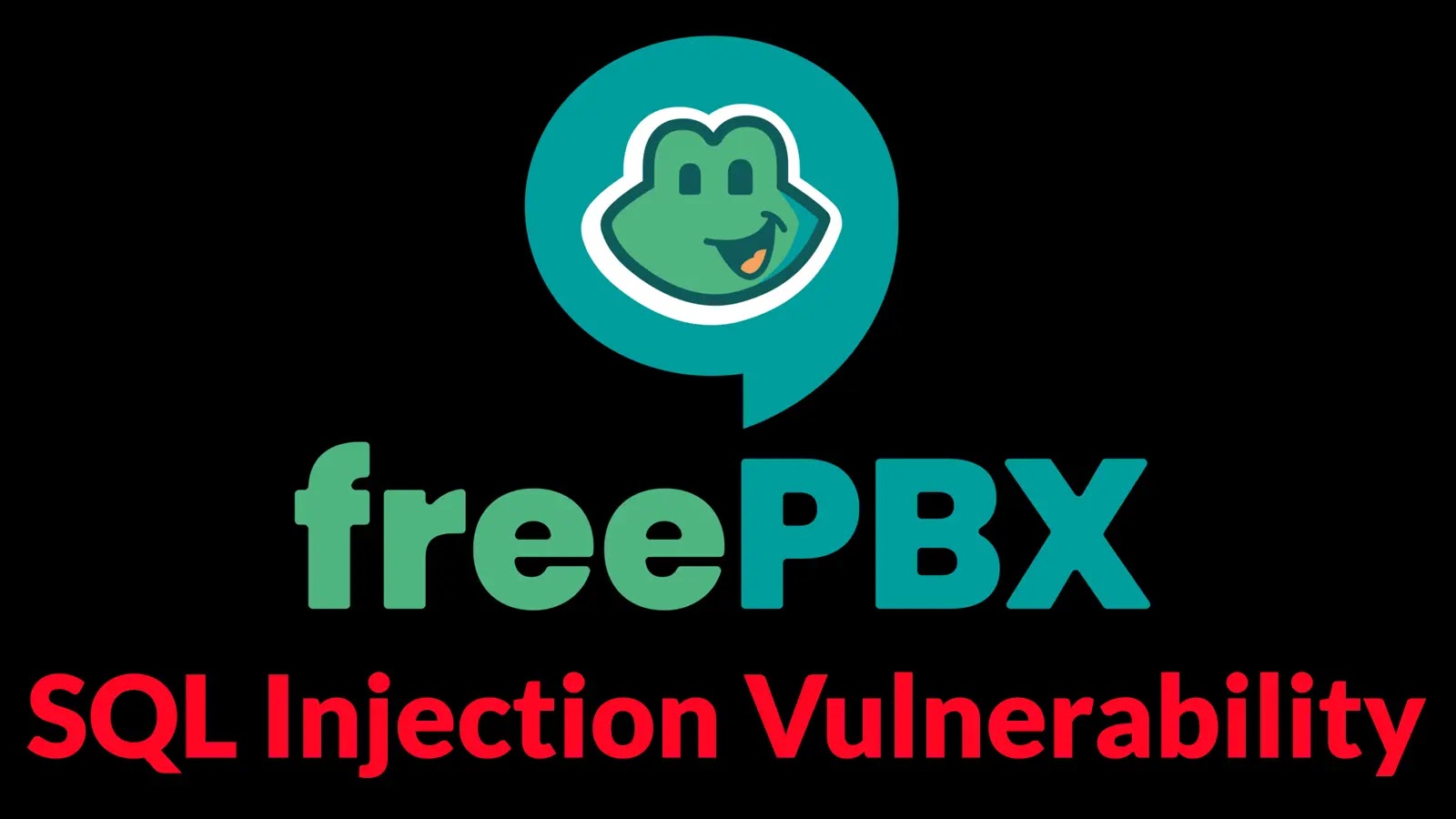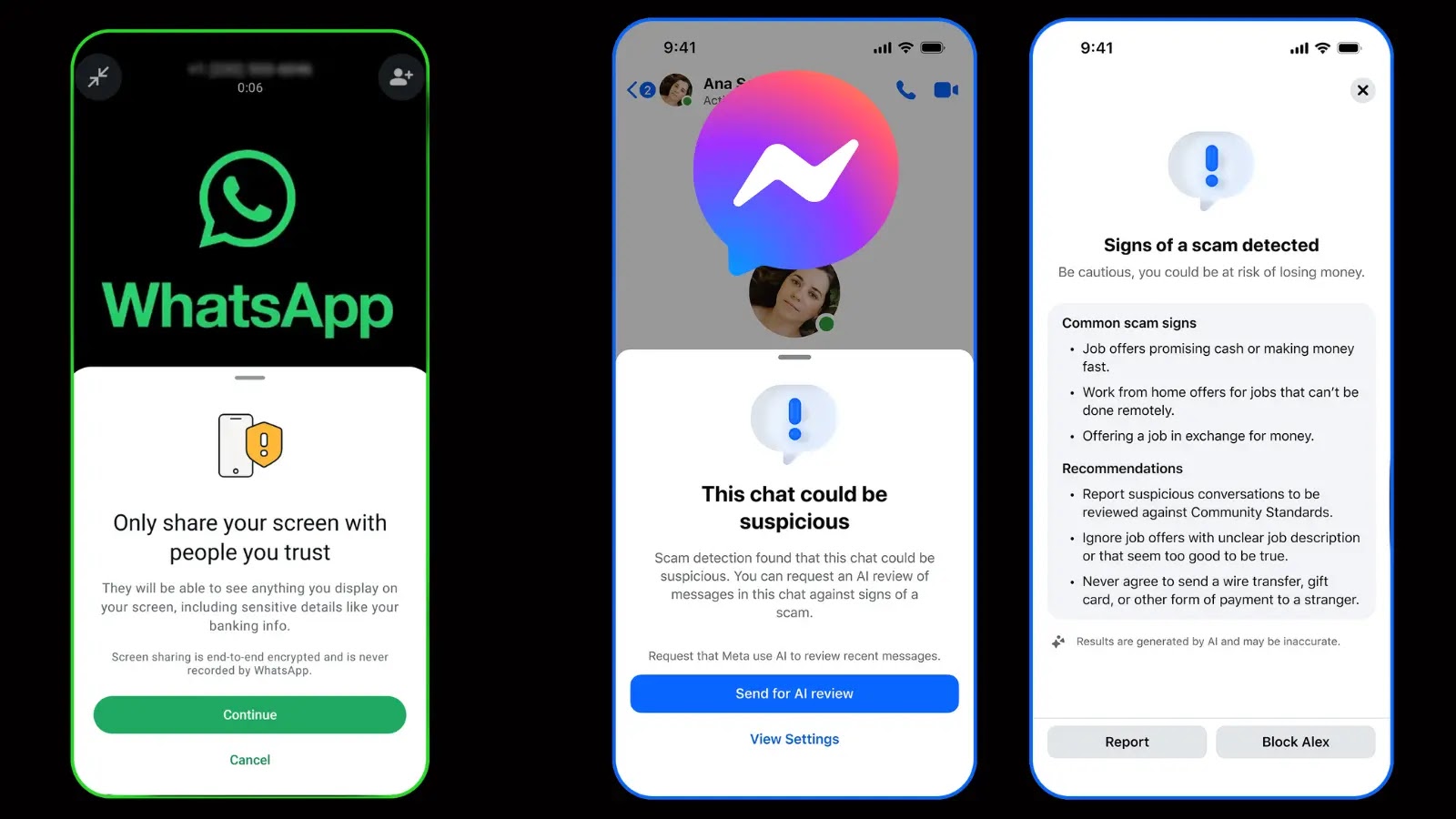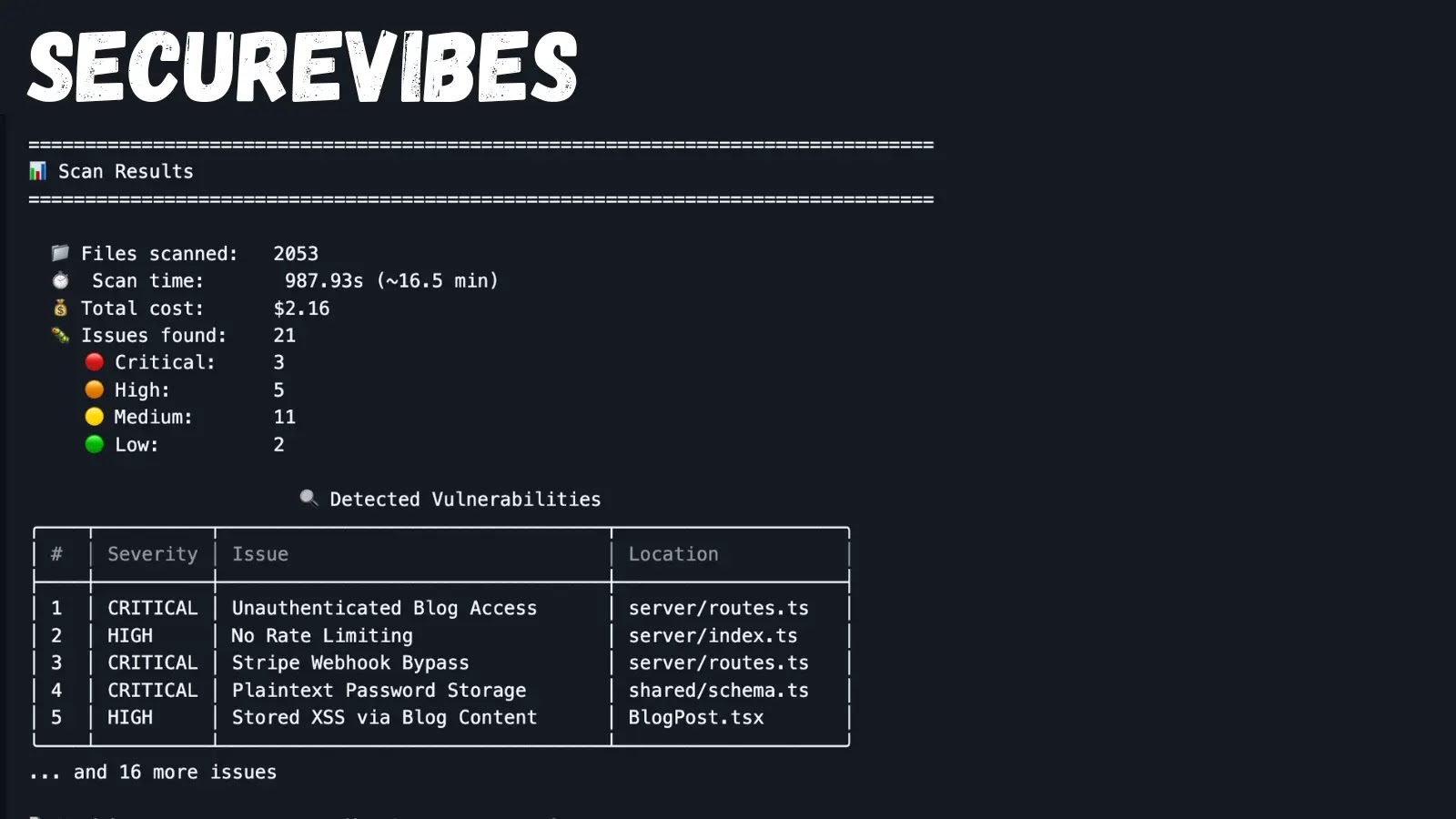The Wireshark Foundation has announced the release of Wireshark 4.4.8, the latest maintenance update for the widely-used network protocol analyzer. This version focuses on enhancing stability, expanding protocol support, and addressing various bugs to improve user experience.
Key Bug Fixes:
– DTLS Session Decryption: An issue preventing the decryption of renegotiated DTLS sessions has been resolved, restoring visibility into secure communications.
– Android Emulator Initialization: A problem causing Wireshark to become unresponsive during startup when using an Android emulator has been fixed, ensuring smoother initialization.
– UTF-8 Encoding: A bug related to UTF-8 encoding in fuzz-generated PCAP files has been addressed, enhancing the handling of diverse character sets.
– Lua Plugin Crash: A crash occurring when opening packets in a new window after reloading Lua plugins has been corrected, improving stability for users utilizing Lua scripts.
– UDS Dissector: The UDS (Unified Diagnostic Services) dissector now correctly handles ReadDataByPeriodicIdentifier responses, enhancing automotive protocol analysis.
– Packet Diagram Display: Issues with packet diagrams not showing non-standard field value representations and displaying representations twice when the field type is set to FT_NONE have been fixed, ensuring accurate visual analysis.
– Form-URL Encoded Data Parsing: A bug causing form-urlencoded keys to be parsed incorrectly following a name-value byte sequence without an ‘=’ has been resolved, improving the accuracy of HTTP data analysis.
– DNP3 Timestamp Handling: The DNP3 protocol’s timestamp handling has been extended beyond the Year 2038 epoch boundary, ensuring long-term reliability in industrial control systems analysis.
Updated Protocol Support:
Wireshark 4.4.8 enhances support for several protocols, including:
– ASTERIX: Improved decoding of surveillance data formats used in air traffic management.
– DLT (Data Link Type): Enhanced support for various link-layer header types, facilitating more accurate packet analysis across different network mediums.
– DNP 3.0 (Distributed Network Protocol): Refinements in handling this protocol used in industrial automation systems, ensuring precise interpretation of control messages.
– DOF (Distributed Object Framework): Better support for this middleware framework, aiding in the analysis of distributed systems communications.
– DTLS (Datagram Transport Layer Security): Improvements in decrypting and analyzing secure datagram communications, enhancing security assessments.
– ETSI CAT (ETSI Common Alerting Protocol): Enhanced parsing of alert messages used in public warning systems, ensuring accurate dissemination of critical information.
– Gryphon: Updated support for this protocol, facilitating better analysis of its communication patterns.
– IPsec (Internet Protocol Security): Refinements in handling secure IP communications, aiding in the assessment of VPNs and secure tunnels.
– ISObus VT (Virtual Terminal): Improved support for agricultural machinery communications, ensuring accurate analysis of control messages.
– KRB5 (Kerberos 5): Enhancements in analyzing this authentication protocol, aiding in the assessment of secure network services.
– MBIM (Mobile Broadband Interface Model): Better support for mobile broadband communications, facilitating analysis of cellular data transmissions.
– RTCP (Real-time Transport Control Protocol): Improved parsing of control messages associated with real-time media streams, enhancing VoIP and video conferencing analysis.
– SLL (Linux Cooked Capture): Enhanced support for this capture format, ensuring accurate analysis of packets captured on Linux systems.
– STCSIG: Updated support for this protocol, facilitating better analysis of its communication patterns.
– TETRA (Terrestrial Trunked Radio): Improvements in analyzing this standard for critical communications, aiding in the assessment of public safety networks.
– UDS (Unified Diagnostic Services): Refinements in handling automotive diagnostic messages, ensuring precise interpretation of vehicle communications.
– URL Encoded Form Data: Enhanced parsing of form data in HTTP communications, improving web traffic analysis.
Capture File Support:
The pcapng (Packet Capture Next Generation) file format reader has been improved to handle corner cases that previously resulted in malformed-file errors. This enhancement ensures analysts can load traces produced by a wider variety of capture tools without manual intervention.
Availability:
Wireshark 4.4.8 is available for download on Windows, macOS, and various Linux distributions. Users can obtain the latest version from the official Wireshark website.
Community and Contributions:
Maintained by the Wireshark Foundation, a nonprofit organization dedicated to protocol analysis education, Wireshark relies on community contributions. Users are encouraged to support the project through code contributions, protocol sample captures, documentation edits, or financial donations.
Conclusion:
While Wireshark 4.4.8 may not introduce new protocols, its focus on stability improvements, expanded dissector capabilities, and quality-of-life fixes makes it a valuable update for network engineers, security analysts, and developers. By addressing critical bugs and enhancing protocol support, this release ensures that Wireshark remains a reliable and essential tool for network analysis.



